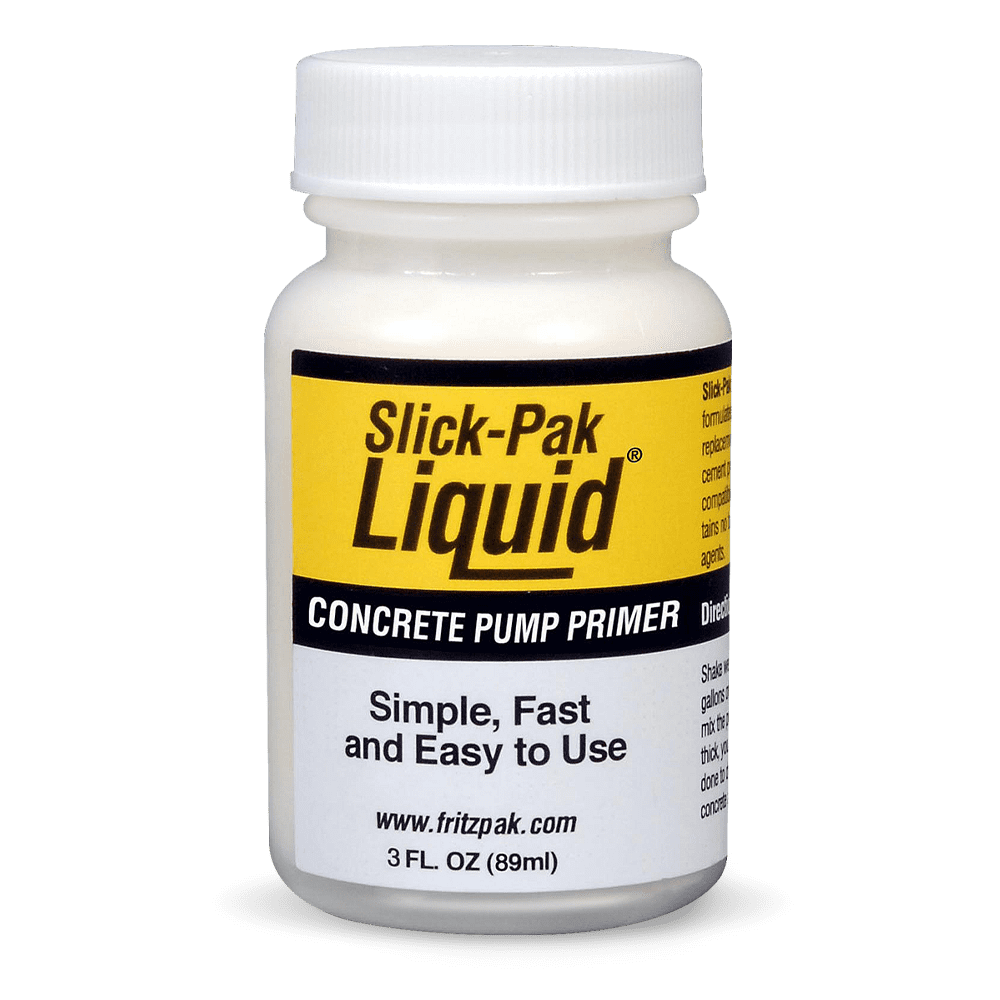Concrete Burns April,3, 2009
Concrete Burns
When working around fresh, wet concrete there is always the potential for concrete to come into direct contact with your skin and eyes. Contact of the skin with fresh concrete, mortar or grout can lead to severe burns and are a hidden danger to anyone who works with or around these materials. Exposure to a chemical that has alkali substances such as cement could also cause eye injuries.
Effects
Burns or a minor rash may result, caused by the lime in fresh concrete, and prolonged contact can be quite severe including third degree burns.
Irritant or contact dermatitis can result from the combination of wetness, chemical corrosiveness and the abrasiveness of concrete. Allergic dermatitis can result when operators become sensitized to the chromium salts in cement or some other additives. Eye damage from chemical burns can be very serious causing the alkaline to gradually damage the inside of eyelids or eyes.
Protect Yourself
Safe work practices must always be employed to protect yourself and others from any hazards caused by working with wet concrete.
Always wear Personal Protective Equipment (PPE). Especially proper eye wear. Concrete being pumped, dumped or poured from the back of a concrete truck is subject to splattering.
Wear water proof gloves when handling of placing concrete.
Avoid getting wet concrete inside your gloves or boots.
Wear a long sleeve shirt and full length pants, or coveralls.
Wear rubber boots when standing in concrete.
Clothing worn to protect from fresh concrete should not be allowed to become saturated with the moisture from the concrete because saturated clothing can transmit alkaline or hydroscopic effects to the skin.
First Aid
The first few minutes after contact with an alkaline substance are the most important in managing the burn, once the alkaline penetrates the skin it progressively kills tissue even though you think nothing is there.
If fresh concrete comes into contact with your skin, immediately flush skin with cool, clean water. Seek medical advice if irritation persists.
For deep burns or large affected skin areas, seek medical attention immediately. A study published in the official journal of the American Society of Plastic Surgeons (ASPS) by Dr. S. Milner released in April 2003 shows that common household vinegar can minimize alkaline burn injuries. The area should initially be cleansed with clean water and then apply vinegar which helps neutralize the substance 15 minutes faster than water alone.
In all cases of eye contact with chemicals, flood with cool, clean water for at least 15 minutes. Hold the head under the tap or pour water into the eye using a clean container, holding the eye open as widely as possible. Do not use an eye cup or bandage the eye and do not apply ointment, oils or salves. Do not use vinegar in the eyes.
Produced and donated to ConcretePumping.com by http://www.Pumpcrete.com
Published by http://www.ConcretePumping.com
If you are a pump company please feel free to use the above information.




















.jpg)
.gif)

.jpg)








.jpg)









